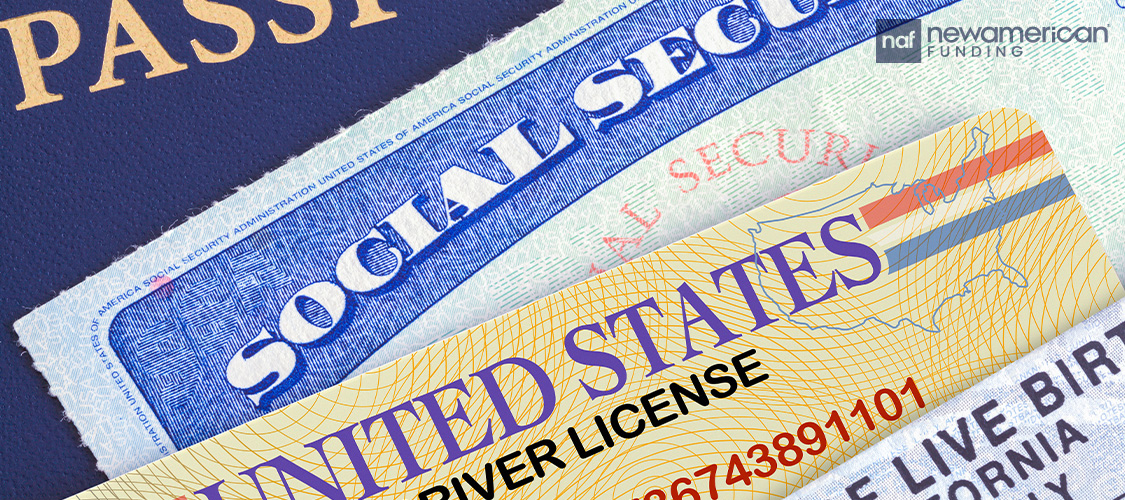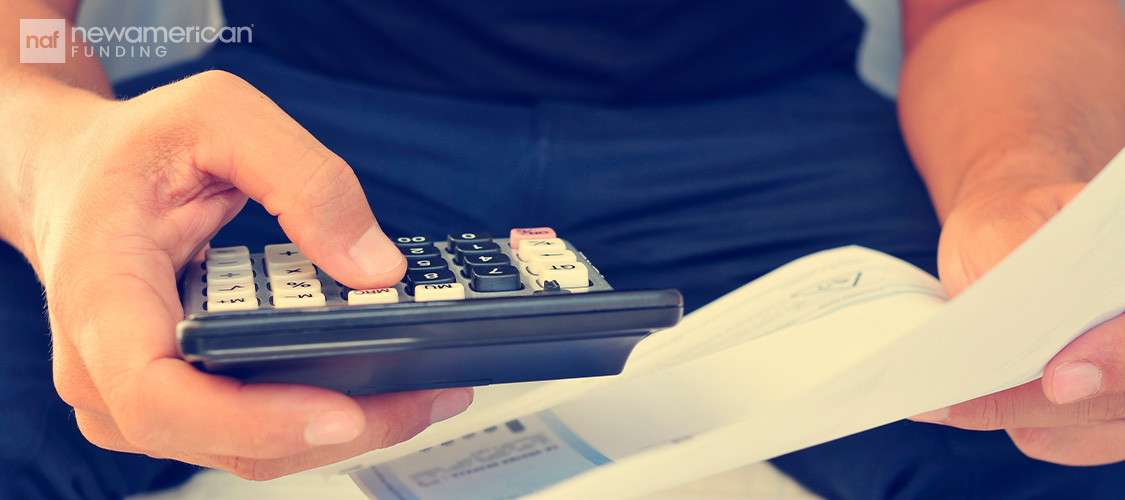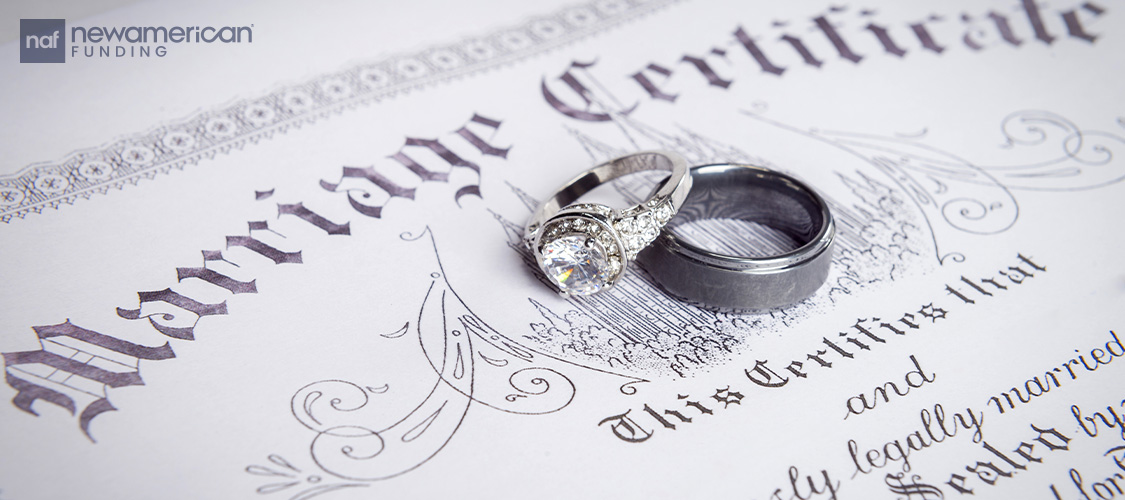Homebuyers
Applying for a Mortgage? The Crucial Documents Homebuyers Will Need
January 13, 2025
Applying for a mortgage is a bit more involved than applying for a credit card or opening a checking account.
You’re asking a lender who may not have previously worked with you to loan you hundreds of thousands of dollars. After the financial crisis of the late 2000s, new regulatory requirements were put into place to ensure borrowers are likely to be able to repay their loans.
So, it shouldn’t be a surprise that you will be required to submit documentation to prove who you are, how much you earn, and information about your debts.
“Many first-time buyers don’t realize how much their financial history is scrutinized during the process,” said Yoann Dorat, a global real estate advisor with ONE Sotheby's International Realty.
Having these documents ready ahead of time can make the underwriting process move quicker and cut down on stress when you apply for a mortgage.
1. Personal information

Your lender will require a variety of personal information when you apply for a mortgage.
This includes the full name, as well as former names if they have been changed, of all the applicants. Your loan officer will also need Social Security numbers or individual taxpayer identification numbers and addresses for the last few years.
You will also need copies of government-issued, photo IDs, recent leases, and any business licenses.
It’s often easiest to put all this info into one document. Even if the lender needs this information in a different format for your official application, it’s a convenient reference point for you.
2. Credit score
Credit scores—and credit reports—are another critical part of your financial profile.
Though you won’t provide these directly, your lender will access your credit score to get a better picture of your debt, payment history, and credit utilization.
3. Proof of income

One of the most important things you’ll need to provide when applying for a mortgage is your most recent 30 days of pay stubs. This helps the lender ensure you earn enough to make your monthly mortgage payments.
Those who are self-employed should expect to provide their last two years of tax returns. Contract employees will also need to provide 1099s, and small business owners should have profit-and-loss statements on hand too.
If you’re applying for a mortgage alongside another person, they will need to have these documents as well.
4. Bank and asset statements
Asset, debt, and bank statements are another crucial part of the mortgage application puzzle. Lenders want to see documentation that shows where you will be pulling the down payment and closing costs from.
That’s why you shouldn’t close any bank accounts during this time. You never know which accounts you might still need documentation for, especially if you have moved money between accounts.
You will also want to have documentation around your debts. This includes existing mortgage statements, car payments, and student loans.
If you’re using retirement or investment funds to cover the purchase of a new home, have statements from these accounts on hand as well.
5. Letter of explanation

If you have moved money between accounts, switched jobs, or opened up any new debts (try not to do so until after you close), you may need to provide a letter of explanation.
The letter provides clarification for these transactions.
“Did you suddenly transfer $20,000 from one account to another? Expect your lender to flag it,” said Dorat. “You'll need to explain any large, out-of-the-ordinary deposits, transfers, or changes in employment.”
You may want to write one before applying for a loan. This way it’s ready if your lender requests it.
6. Gift letter
If you’re paying for a new home with the help of a family member or friend, you will need a gift letter.
“It’s not just a casual note,” said Dorat. “Lenders require it to prove the money is a gift, not a loan that needs to be repaid. Without it, your loan approval could hit a snag.”
The gift letter should note the exact amount being gifted, who is providing the funds, who will be receiving the money, the purpose of the gift, and the contact information of the donor.
Your lender may also request copies of the donor’s bank statements to double-check where that money is coming from.
7. Divorce decree or marriage license

If you’re married or divorced, you will likely need copies of your marriage license or divorce decree. Some lenders will require the official copies.
“If you’ve ever been divorced, expect to produce a copy of the decree, especially if child support, alimony, or joint debts are part of your financial profile,” said Dorat.
These sorts of obligations can impact your debt-to-income ratio, which is how much you owe compared to how much you earn. Lenders look at this when you apply for a mortgage.
8. Loan-specific documentation
Certain types of loans, like those for new construction or tiny homes built on foundations, may require additional documentation.
Make sure you have a written explanation (and details) of the type of home you’re looking to buy if it’s an unconventional housing choice.
If you need a loan to build a home, you should be prepared to provide the lender with a construction timeline, expected budget, and detailed plans and blueprints.






 Smart Moves Start Here.
Smart Moves Start Here.